
Age and tumor type most associated with initial insurance denial of cancer treatment, study finds.


Age and tumor type most associated with initial insurance denial of cancer treatment, study finds.

Top news of the day from across the health care landscape.

Top news of the day from across the healthcare landscape.

Children have an increased chance of drug overdose when their mothers are prescribed opioids, a study published in Pediatrics reports.
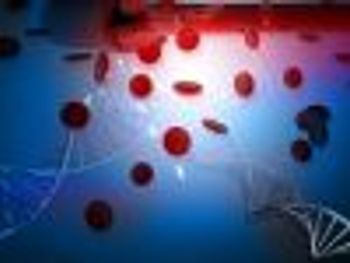
Poor long-term survival rates for pediatric patients with acute megakaryoblastic leukemia.

Publically-insured children may be receiving unnecessary treatment.
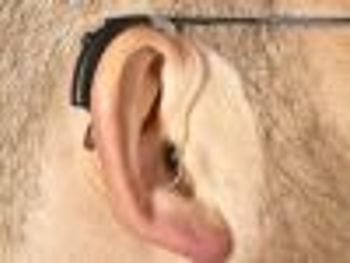
Cisplatin used in combination with sodium thiosulfate significantly reduced the incidence of hearing loss in pediatric cancer patients.

Gary Marshall, MD, professor of pediatrics at the University of Louisville School of Medicine, talks about why it's important for children to receive their recommended immunizations.
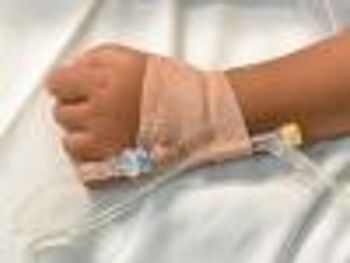
Top news of the day from across the health care landscape.

Enbrel is now indicated in pediatric patients with moderate-to-severe plaque psoriasis.

Findings from clinical trials of dabrafenib suggest that combining it with an MEK inhibitor will benefit pediatric patients with gliomas.

The American Academy of Pediatrics urges cessation of codeine use in children due to severe risks.

Top news of the day from across the healthcare landscape.

Top news of the day from across the health care landscape.

School-based health services provide critical preventive care for adolescents, especially in poor and diverse communities.

Readmissions due to physicians’ assessments, surgical complications, and hospital-acquired conditions could be avoided.
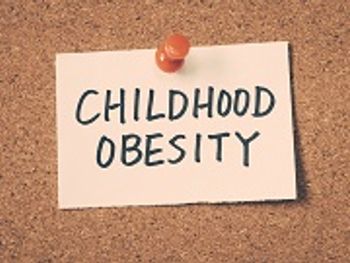
Healthcare costs were 60% higher in obese preschool children compared with children with a healthy weight.
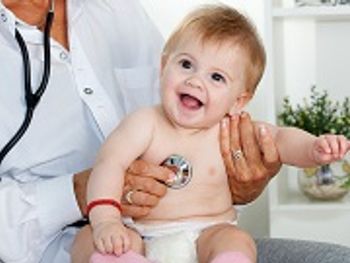
Children who inherit 2 mutated ALPK3 genes have a 25% increased chance of having cardiomyopathy.

Intranasal medication administration isn't new, but it's been gaining popularity in the emergency department and outpatient arena.

Survivors of pediatric cancer observed to have similar health-related quality of life as older adults.
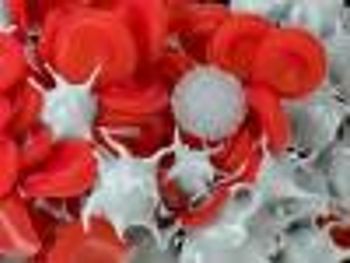
Methotrexate and decadron could lower relapse rates of patients with acute lymphoblastic leukemia.
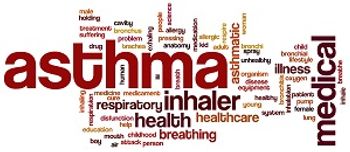
Patients who leave the hospital without their prescriptions in hand following an asthma-related visit are substantially more likely to be readmitted.

The risks of undertreating pain in the pediatric population are significant.

This population is susceptible to lead toxicity because of several important characteristics that differentiate pediatric and adult exposures.

Pharmacokinetic differences in newborns and infants affect drug selection and dosing.